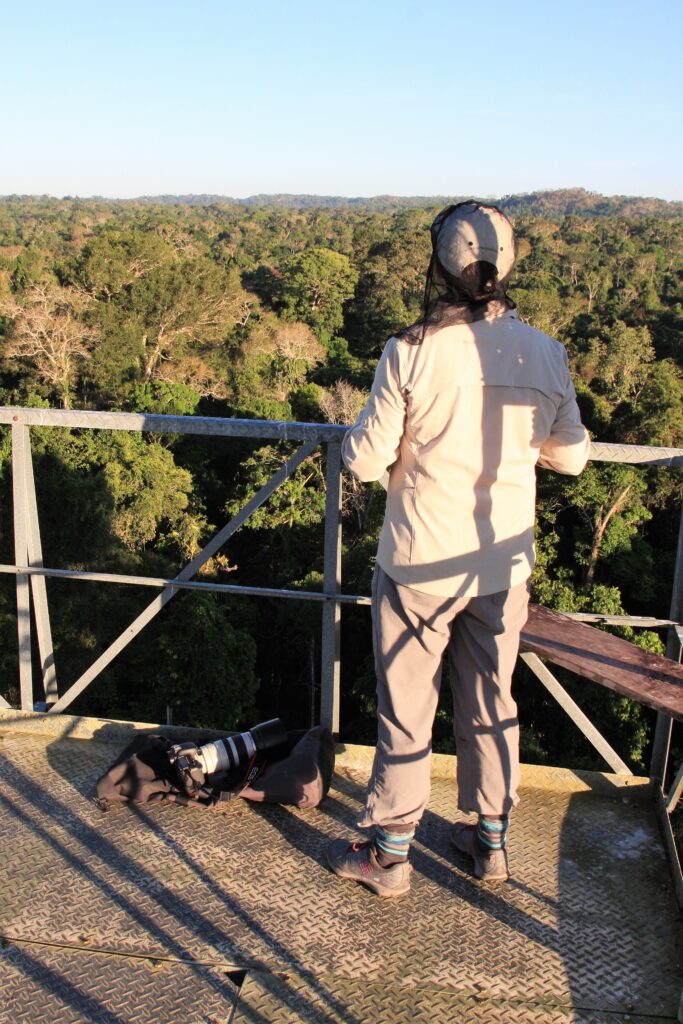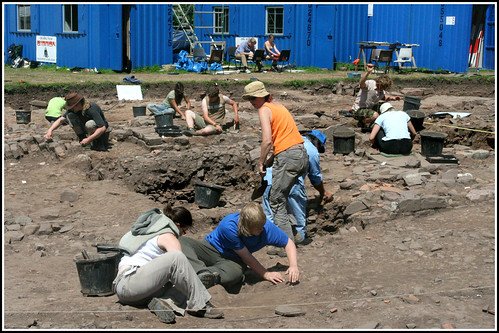by Megan Kennedy
Leslie and Irene Dubé Health Sciences Library
University of Saskatchewan
I graduated from UBC iSchool (SLAIS) nearly two years ago. In many ways my time at SLAIS feels like it was just yesterday and in many others, library school feels like a distant memory – time really does fly! I thought I would take this opportunity to reflect on some of the things I learned in library school that I am so glad I did (whether or not I was glad at the time is another thing) and some things I wish I had known before jumping into an academic library career.
Things I learned in library school:
- My least favourite courses I took during my MLIS were Foundations of Bibliographic Control and Cataloguing and Classification; to say that I loathed these classes is not an exaggeration. For many boneheaded reasons, I didn’t believe that I would actually need to know about any of it, there were cataloguing librarians for that kind of stuff. All I can say to my past self is, “HA! You are so wrong and you have no idea”. The foundations I learned in these courses have become some of the most important and frequently called upon skills I have in my arsenal. Granted, I am definitely not constructing and enhancing bibliographic records or creating cataloguing systems, but knowing how these things work facilitates more effective and systematic information retrieval on my end (a.k.a. permits me do the thing that librarians do best which is to find-all-the-things!).
- Love it or hate it, there was a lot of group work in library school. We’ve all had groups that were awesome to work with – collaboration was free flowing, people were eager and able to meet up regularly (but not everyday) to discuss the project, everyone agreed instantly and got on with their work, etc. On the other end of the spectrum is group work that was…less awesome (perhaps to the point of testing your already fragile sanity). Whether or not I always agreed with the pedagogical constructs of group work, I can see how this is was excellent preparation for real life librarian work. The work that we do as librarians does not happen in a vacuum, often our work requires careful and extensive collaboration with one (or many!) stakeholders and colleagues whom have their own schedules, priorities, commitments, and visions for a project. Learning to navigate the choppier waters of group work, rather than always coasting on serene waters, has made me a more effective collaborator in my current work.
- Project management was an interesting course because unlike some others (see my first point), I saw an immediate practicality. Perhaps not always the first thing that comes to mind when you think of a librarian’s role, but managing projects (big and small) is becoming more and more important and it is not necessarily a natural skill everyone possesses. Teamwork, communication, management of time, costs, people, risk, etc., these are all things that fall under the “project management” umbrella and all can have a huge impact on the success of a project. My biggest takeaway from this course was gaining an understanding of the scale of work required to see a project through to completion and compartmentalizing tasks into manageable chunks in order to get it done – I do this even with small projects (like managing my daily workflow).
Things I didn’t learn but wish I knew:
- Meetings. There are a lot of them and some will be more useful than others.
- Emails – see above.
- Imposter syndrome is a real thing. My imposter syndrome mostly relates to research because, frankly, I have no idea how to go about getting started with the whole process. I feel like it should be as easy as “have a great idea, research it, write about it” but I know that getting from A to B to C is definitely not that simple. I took one research methods course during my MLIS but the “use it or lose it” element of this learning has indeed meant I lost it. Luckily, I am surrounded by fantastic colleagues carrying out interesting research of their own who kindly let me pick their brain – also the great resource that is C-EBLIP!
- Finally, mentors are the best and you really should have one (or maybe even a few!). I have learned A LOT about being a librarian from the people I’ve worked with thus far in my career and I’m not sure there is any MLIS course that could ever give me that unique experience.
This article gives the views of the author and not necessarily the views the Centre for Evidence Based Library and Information Practice or the University Library, University of Saskatchewan.






